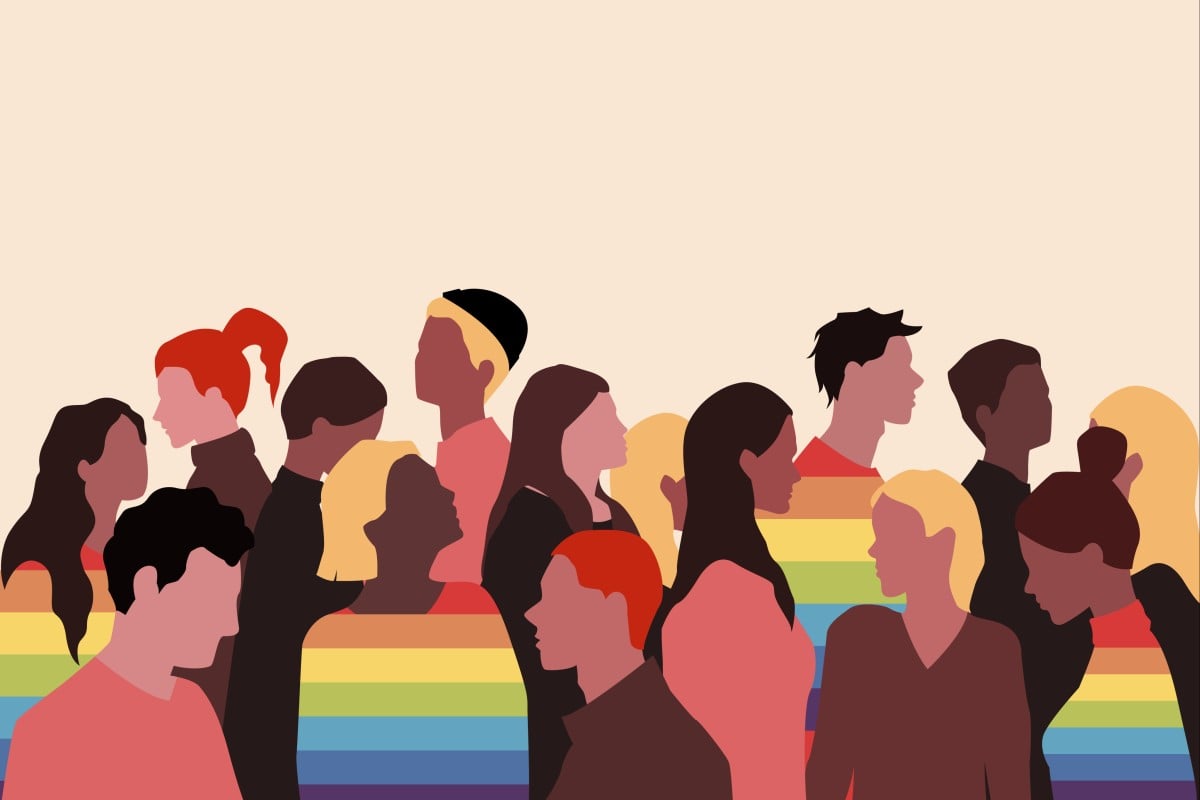This year’s 40th anniversary of Woodstock has generated a flurry of fascination and newfound interest in the legendary music festival. Director Ang Lee’s new film “Taking Woodstock” opened with $3.75 million at the box office this weekend, and crowds have flocked to the festival site in Bethel, New York, where a museum now stands in commemoration.
All over the world, the lucky few who attended the original Woodstock are sharing their accounts of the hippie fest; to middle and retirement-aged America, the pent-up nostalgia for those “three days of peace and music” is finally being satisfied.
Meanwhile, the rest of us are left to wonder: is Woodstock even relevant today?
Part of the seeming irrelevance of Woodstock to today’s generation stems from their inability to understand it. Most say that what made Woodstock significant was that it proved to the world that it was possible for hundreds of thousands of people to gather in muddy fields to share their personal space and their love for music in a nonviolent way. (And they did so without cell phones.)
By today’s standards, this is simply unfathomable. Anyone who believes that Woodstock could be recreated in the modern day revels in wishful thinking. Technology would not allow it. In an age where cell phones are waved at concerts instead of lighters, young people with short attention spans and a persistent obsession for multi-tasking could certainly not be counted on to focus on live music for a full seventy-two hours.
Furthermore, today Woodstock would be a marketing frenzy: An event that massive would undoubtedly be sponsored by Pepsi, Google or Wal-Mart, making it a corporate dream rather than an organic meeting of minds.
A common misconception about Woodstock is that it was all about the music. For some of the attendees, this may have been true. After all, the festival did arguably produce some of the most defining moments in rock’n’roll history. However, for many in that crowd of 500,000, Woodstock was just an excuse to smoke dope for three days.
If you wish to argue otherwise, just ask any young person today what comes to mind when Woodstock is mentioned; “drugs” was the most common answer I received. If Woodstock was such a global phenomenon, why is it only remembered today as one big smoking trip?
New documentaries such as VH1’s “Woodstock: Now & Then” attempt to educate us about the inner workings of the event, as well as convince us that it remains significant decades later. The two-hour long feature concludes with footage from Barack Obama’s inauguration, which aims to connect the national unrest in 1969 to the changes that are supposedly occurring today.
The comparison is senseless, and only further discredits Woodstock as a platform for any kind of societal permutation. While the inauguration of President Obama could potentially generate real revolution, Woodstock took place over three days, and then it was over. The Vietnam War kept raging on, and the festival became only a pleasant memory. Thus, it was never really germane in the first place.
The romanticized ideal that Woodstock has become is deceptive. Did it really change anything? It seems the only people who consider it relevant today are those who actually attended. For the rest of us, it was just another rock concert.
Madeline Roth is a freshman in the College of Arts and Sciences.








